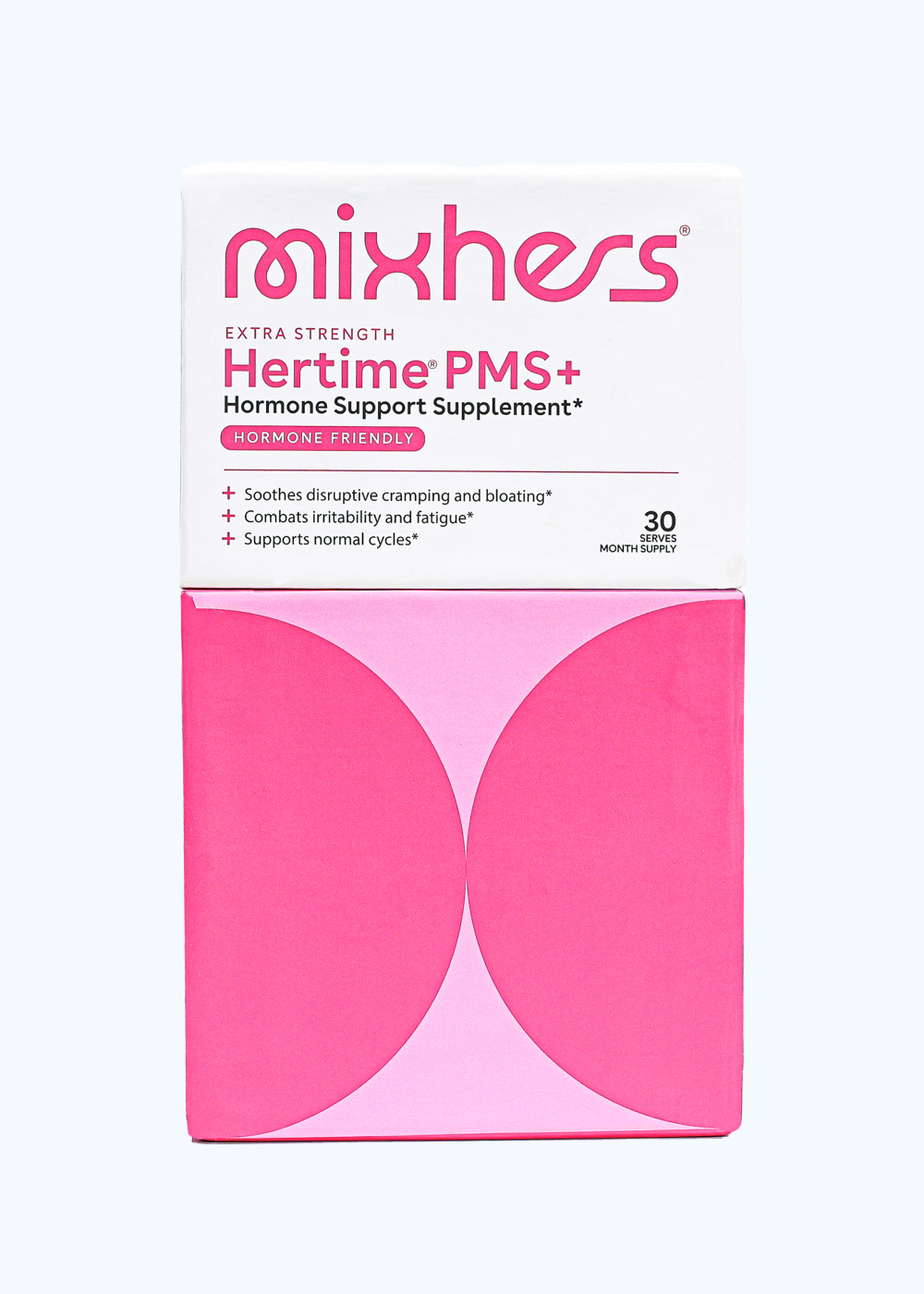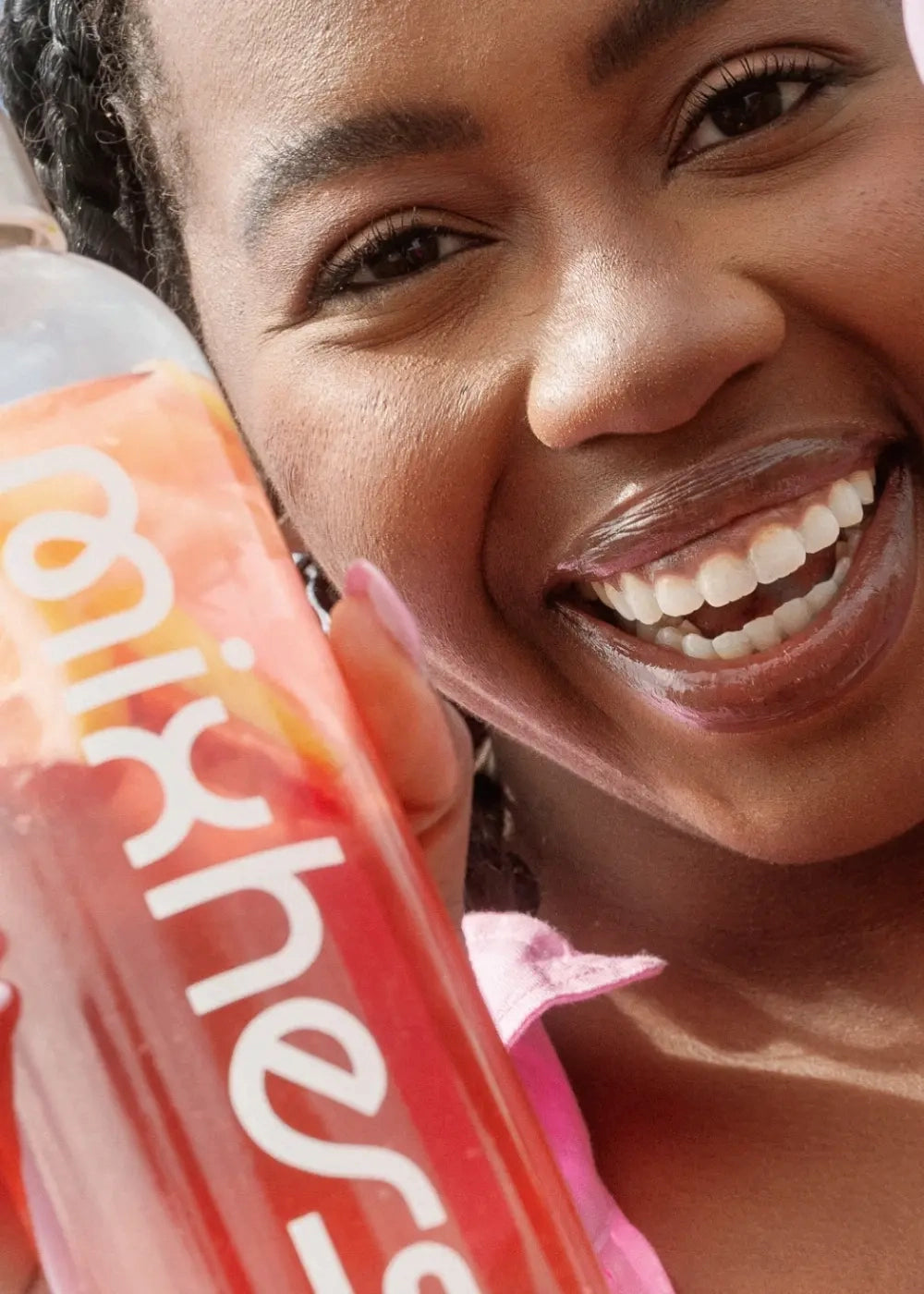Of course, it's important to remember that motherhood is not a one-size-fits-all experience. Some women may feel an immediate bond with their babies, while others may take longer to develop that connection. Some may find breastfeeding easy and natural, while others may struggle. And that's okay — there's no right or wrong way to be a mother.
Ultimately, what matters most is that we do our best to care for our babies, whether that means relying on our instincts, seeking advice and support from others, or a combination of both. Whether you're a new mom or a seasoned pro, take comfort in knowing that you're not alone. Motherhood is a challenging and rewarding experience, and there's no shame in asking for help or support when you need it.
In fact, seeking support can be a great way to strengthen those mothering instincts. Whether it's talking to other moms, joining a support group, or working with a healthcare provider, there are many resources available to help you navigate the ups and downs of motherhood.
While the idea of "mothering instincts" may not be as straightforward as we once thought, there's no denying the incredible bond between a mother and her child. Whether we're driven by biology, learned behavior, or a combination of both, the love and dedication we feel for our children is what truly makes us good moms.












